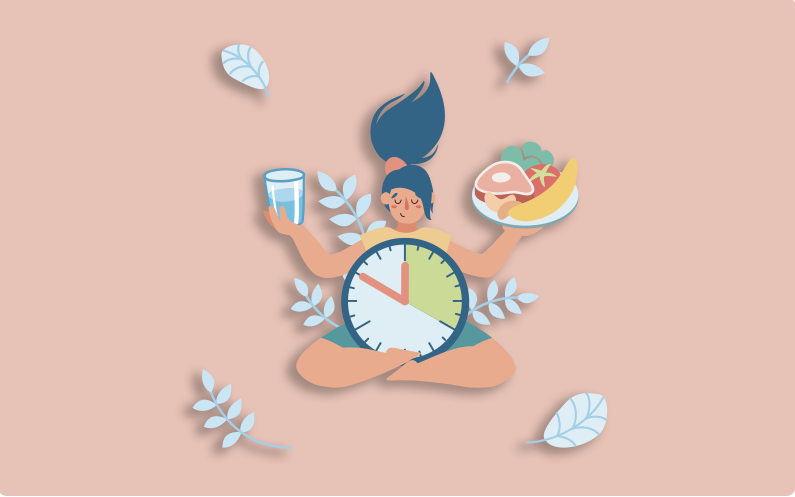If you’re finding it hard to get to sleep, or don’t feel you’re getting quality shuteye, how much thought have you given to the impact your diet could be having?
Sleep has become a topic of great interest over the past 12 months at the hands of the Covid-19 pandemic, and it’s important to be aware of the toll this will have on our health; according to Dr Michael Mosley, creator of The Fast 800 intermittent fasting plan, sleep deprivation causes quite the stir in our hormones, affecting our mood, energy levels and appetite. Other consequences of sleep deprivation include low sex drive, poor immunity, memory loss and daytime drowsiness.
Dr Mosley explains that both the food we eat and our eating habits can influence sleep patterns and behaviours. He explains that great food to help you sleep includes:
- Oily fish is high in both omega 3 fatty acids and vitamin D, both of which have been recognised to increase levels of the neurotransmitter, serotonin. Serotonin is later converted into melatonin, the sleep hormone.
- Nuts and seeds are high in magnesium. Magnesium, commonly referred to as the sleep mineral, helps to reduce adrenaline levels and relaxes the brain.
- Green vegetables help the production of melatonin; melatonin naturally occurs in broccoli, asparagus and cucumber so make sure you pack plenty of vegetables into your diet.
- Mediterranean diets increase the good bacteria in our guts and essentially make us feel good through the production of serotonin. Serotonin acts as a neurotransmitter and converts into melatonin in the evenings. As well as this, when we feel good, we are reducing our stress and anxiety levels, which ultimately will ensure we sleep better.
- Eating food high in dietary fibre may improve gut health and help you sleep. Fermented foods like sauerkraut, kimchi and yogurt can grow good bacteria in your gut. Also, diversifying your microbiome through diet, by eating a diverse range of whole foods, correlates with better quality of sleep, as recognised by numerous studies.
- It’s not only food that helps you sleep but your eating habits too. Time restricted eating (TRE) consists of reducing your eating window to 10-12 hours each day and fast for the remainder, giving your body time to run down glucose stores, rest and repair. By practising TRE, it’s likely you’ll have finished eating your last meal a few hours before going to bed. This will slow down digestive activity close to bedtime, reduce your body temperature and give your brain signals that it’s ready to switch off.


